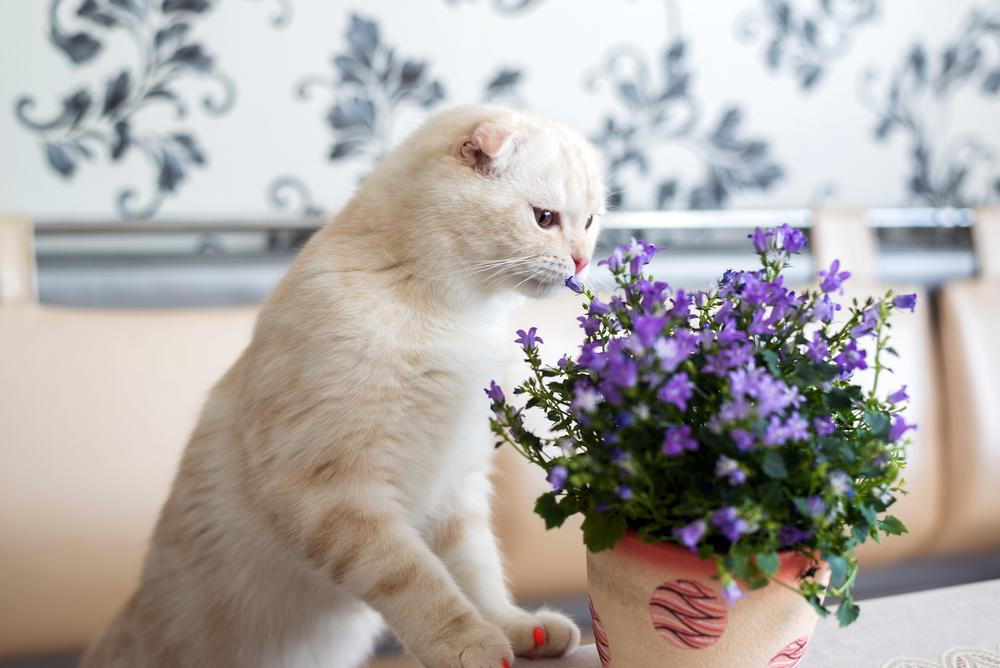Tips on Having a Safe Yard for Your Dog This Summer
- posted: Aug. 11, 2017
Tips for Making Your Yard Safe for Pets This Summer
You might think your backyard is the safest place for your pet to play, sleep and hang out during the summer. Unfortunately, some yards contain numerous safety issues that could affect your pet's health and well-being. For example, did you know that there are some plants that are toxic to dogs and cats? Are there hidden mushrooms growing in dark, out-of-the-way spots in your yard? If you use fertilizer, did you know that most fertilizer contains toxic ingredients that smell and taste attractive to pets? Read on to learn more about how you can ensure your yard is safety-proof this summer for your pets.

Plants and Weeds
Daffodils, azaleas, lilies, poison ivy, and dieffenbachia are a few of the many plants and weeds pets may be tempted to chew on or eat. Just to be on the safe side, you might consider bringing samples of your backyard plants to your Etobicoke veterinarian for proper identification. Also, unless you are an expert on mushrooms, eliminate all fungi growth in your yard. Although most mushrooms aren't poisonous, some can make pets very ill if consumed.
Fleas, Ticks and Other Parasites
Reduce parasite populations in your yard by keeping your grass mowed and free of weeds and debris. Use a pet-free pesticide like diatomaceous earth to dehydrate and kill fleas, ticks and parasitical worms. A type of sedimentary rock pulverized into powder, DE is composed of fossilized pieces of aquatic plants and safe to use around children and pets. When parasites encounter DE, the powder sticks to their bodies and as the insects lick to clean themselves, or breathe the powder in, the diatomaceous particles are tiny enough to cut through their exoskeleton, causing death.
In addition to mowing regularly, clearing your yard of debris will discourage snakes and other biting, wild animals from making your yard their summer home. Inspect sheds and garages for small cracks or holes through which snakes can slither through. If you find any, plug them with sealers that are critter-resistant. If you have a major snake problem, you may also have a major rodent problem. Rodents are the preferred food for snakes so ridding your yard of mice, chipmunks and other small rodents can help get rid of snakes.
Mowers, Leaf Blowers and Garden Equipment
Never leave the yard and garden equipment where pets can accidentally knock them over run into them. Always put lawn mowers, tillers, weed whackers and shovels away after using them. Cats especially like to climb on items that provide height, a protective instinct to avoid predators on the ground. Cats could lose their footing and land on something sharp enough to give them a nasty wound.
Mulch Safety
Cocoa mulch emits a sweetish odor attractive to a dog's taste buds. Cocoa mulch also has ample amounts of theobromine (a diuretic and stimulant) and caffeine. Eating cocoa mulch will cause pets to vomit, shake uncontrollably and suffer severe diarrhea. Pets eating just two mouthfuls of cocoa mulch may require immediate treatment and hospitalization. Instead of using cocoa-based mulch, use pet-safe rubber, leaf or pine needle mulch. Cedar mulch is also safe for pets and may help repel ticks and fleas.
For more summer yard safety tips for pets or to schedule a wellness check appointment, please call Richview Animal Hospital in Etobicoke at 416-245-8805.
Location
Find us on the map
Office Hours
8:00 am - 9:00 pm
8:00 am - 9:00 pm
8:00 am - 9:00 pm
8:00 am - 9:00 pm
8:00 am - 9:00 pm
9:00 am - 5:00 pm
Closed

